AlphaFold 3 inference pipeline. Contribute to google-deepmind/alphafold3 development by creating an account on GitHub.


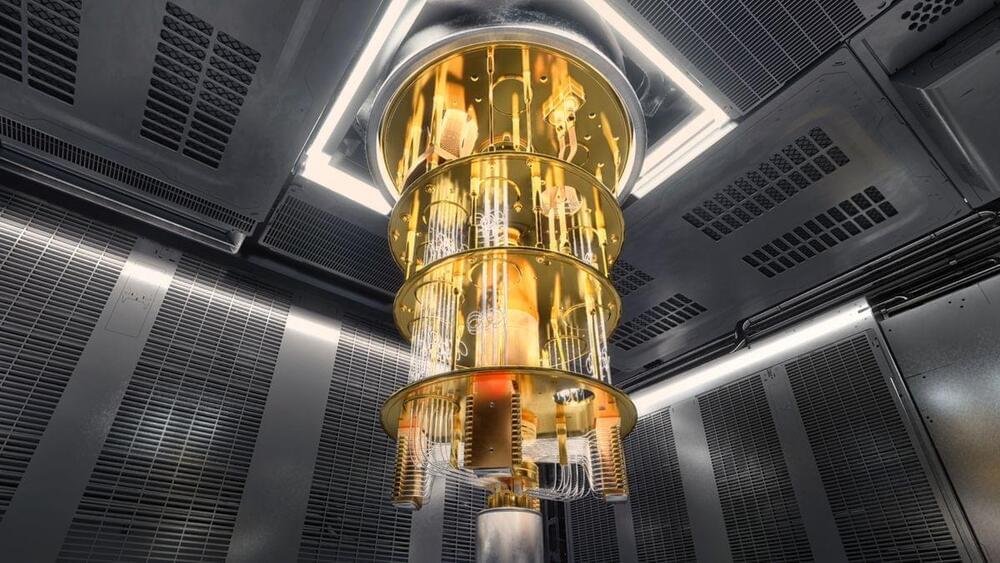
The interface superconductor underwent a transition under a magnetic field and became more robust, the scientists said in the paper This suggests it has transformed into a “triplet superconductor.” — a type of superconductor that is more resistant to magnetic fields than conventional superconductors.
They conducted the research in conjunction with the National Institute of Standards and Technology. In earlier work, they demonstrated that thin films of gold and niobium naturally suppress decoherence — the loss of quantum properties due to external environmental interference.
Given its robust quantum qualities and its ability to suppress decoherence, this new superconducting material promises to be ideal for use in quantum computers, the scientists said. Minimizing decoherence within the system is a key challenge, which necessitates extreme measures to isolate the quantum computer from external influences, such as shifts in temperature or electromagnetic interference, as well as the use of error-correcting algorithms to ensure calculations remain accurate.
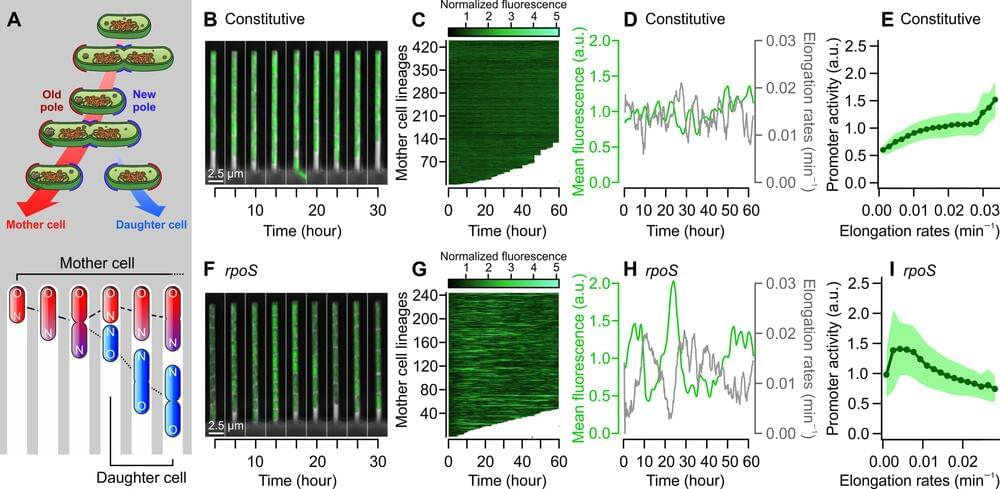
Surprising findings on bacterial aging have emerged from a study carried out by a team of researchers led by the biologist Dr. Ulrich Steiner at Freie Universität Berlin. In a new paper published in Science Advances, the team demonstrated that even genetically identical bacterial cells living in the same environment react differently to the aging process and that changes occur at different rates within different regions of the cell.

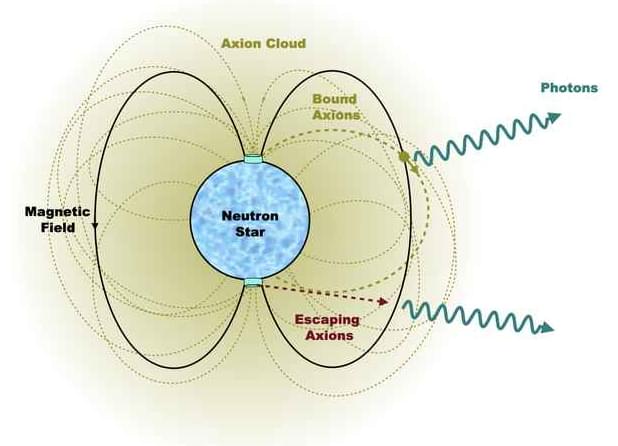
Physicists show that neutron stars may be shrouded in clouds of ‘axions’ — and that these clouds can teach us a lot. A team of physicists from the universities of Amsterdam, Princeton and Oxford have shown that extremely light particles known as axions may occur in large clouds around neutron stars. These axions could form an explanation for the elusive dark matter that cosmologists search for — and moreover, they might not be too difficult to observe.
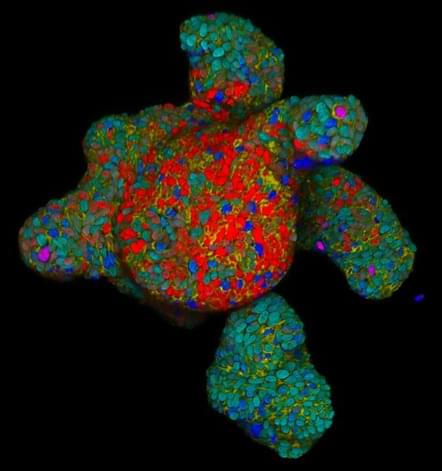
A multi-institutional group of researchers led by the Hubrecht Institute and Roche’s Institute of Human Biology has developed strategies to identify regulators of intestinal hormone secretion. In response to incoming food, these hormones are secreted by rare hormone producing cells in the gut and play key roles in managing digestion and appetite. The team has developed new tools to identify potential ‘nutrient sensors’ on these hormone producing cells and study their function. This could result in new strategies to interfere with the release of these hormones and provide avenues for the treatment of a variety of metabolic or gut motility disorders. The work will be presented in an article in Science, on October 18th.
The intestine acts as a vital barrier. It protects the body from harmful bacteria and highly dynamic pH levels, while allowing nutrients and vitamins to enter the bloodstream. The gut is also home to endocrine cells, which secrete many hormones that regulate bodily functions. These enteroendocrine cells (EECs, endocrine cells of the gut) are very rare cells that release hormones in response to various triggers, such as stretching of the stomach, energy levels and nutrients from food. These hormones in turn regulate key aspects of physiology in response to the incoming food, such as digestion and appetite. Thus, EECs are the body’s first responders to incoming food, and instruct and prepare the rest of the body for what is coming.
Medications that mimic gut hormones, most famously GLP-1, are very promising for the treatment of multiple metabolic diseases. Directly manipulating EECs to adjust hormone secretion could open up new therapeutic options. However, it has been challenging to understand how gut hormone release can be influenced effectively. Researchers have had trouble identifying the sensors on EECs, because EECs themselves represent less than 1% of cells in the intestinal epithelium, and in addition the sensors on these EECs are expressed in low amounts. Current studies mainly rely on mouse models, even though the signals to which mouse EECs respond are likely different compared to those to which human EECs respond. Therefore, new models and approaches were required to study these signals.
Researchers have engineered a material that is as soft as skin but remarkably strong.
Ulsan National Institute of Science & Technology (UNIST) team in South Korea has developed an innovative magnetic composite artificial muscle. This new material can adapt its stiffness, transitioning from soft to rigid, and vice versa.
Interestingly, artificial muscle showcases “an impressive ability to withstand loads comparable to those of automobiles.”

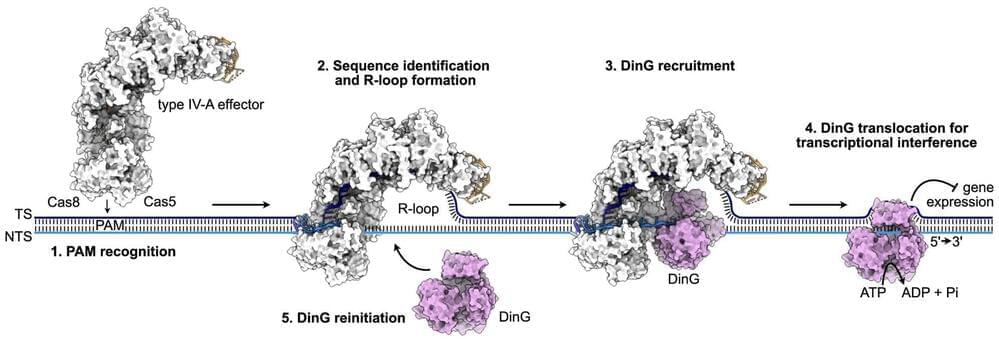
Scientists from Vilnius University’s (VU) Life Sciences Center (LSC) have discovered a unique way for cells to silence specific genes without cutting DNA. This research, led by Prof. Patrick Pausch and published in the journal Nature Communications, reveals a new way to silence genes that is akin to pressing a “pause” button on certain genetic instructions within cells.

In Nijmegen, Netherlands, researchers have installed the world’s first microscope capable of live imaging of biological processes in such detail that moving protein complexes are visible. This new microscopic technique was developed by researchers led by Nico Sommerdijk from Radboud university medical center. As a demonstration of this innovative technique, Sommerdijk is now showcasing how arterial calcification begins.